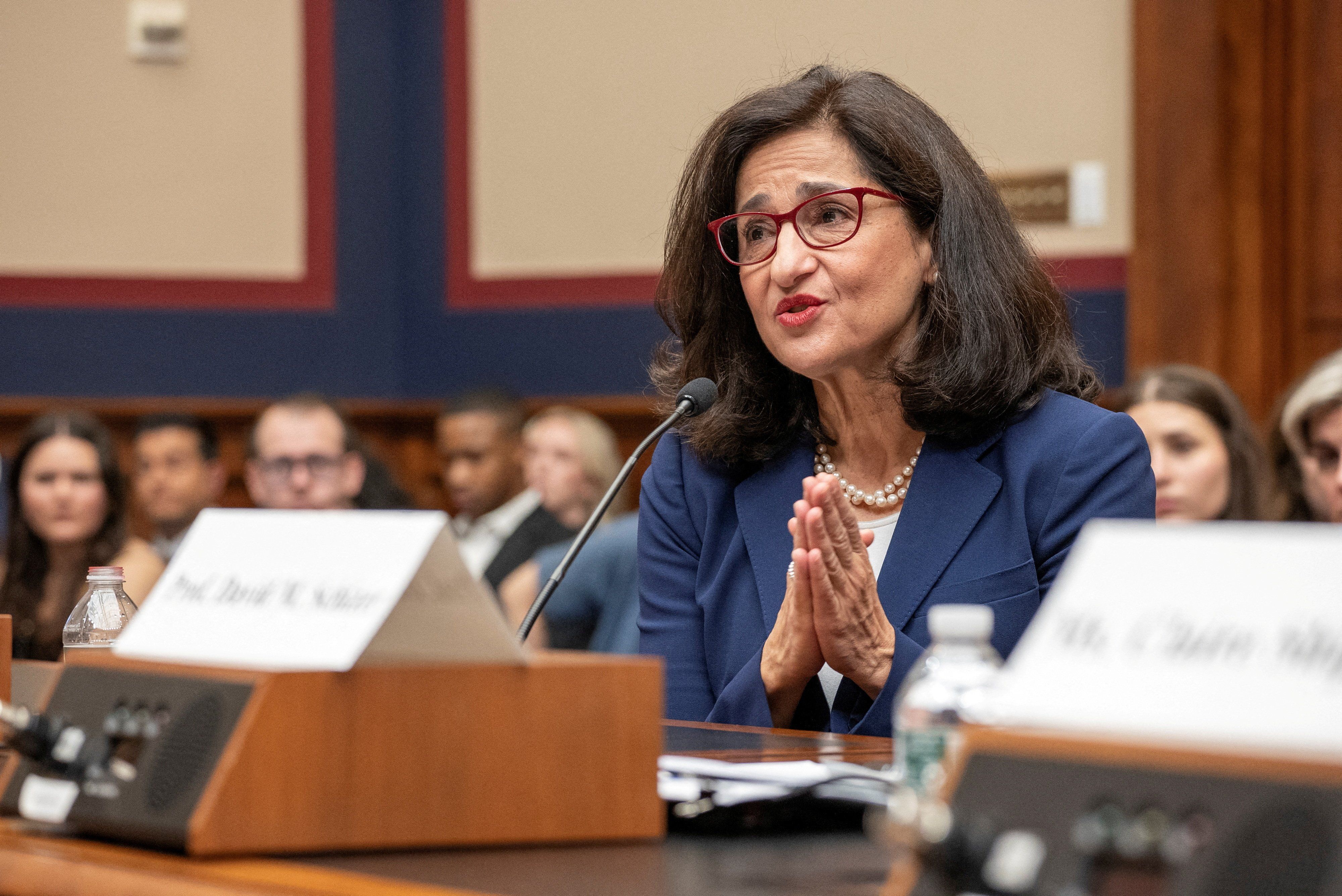August 15, 2024
Columbia University President Namat “Minouche” Shafik announced late Wednesday she is stepping down after just one year in the position, making her the third Ivy League president to resign this year in the wake of Gaza-related protests.
Shafik has faced months of backlash over her handling of campus divisions during the protests last spring. Her testimony before a Congressional panel on campus antisemitism angered many faculty and students, as did her decision to call the police onto campus twice to clear the protests. Meanwhile, others in the Columbia community, including some major donors, accused her of abetting antisemitism.
Unlike the other Ivy League presidents who resigned over the protests, Shafik seems to have stepped down voluntarily, as Columbia’s board has repeatedly said they stand behind her. Shafik, an Egyptian-born British baroness and former vice president of the World Bank, said she is returning to the UK to chair a review of the government’s international development programs.
Hours prior to her resignation, a federal judge ruled that the University of California in Los Angeles cannot allow pro-Palestinian protesters to block Jewish students from campus or school activities. The decision could be a blueprint for Jewish students to bring similar lawsuits against other universities if pro-Palestine protests erupt again this fall.
More For You
- YouTube
Singapore was one of globalization’s biggest beneficiaries. Ian Bremmer looks at whether the city-state can survive in a world where the economic order that drove Singapore's rapid rise starts to unravel.
Most Popular
Think you know what's going on around the world? Here's your chance to prove it.
Igmel Tamayo carries charcoal to sell on the side of a road for use as cooking fuel in homes, after US President Donald Trump vowed to stop Venezuelan oil and money from reaching the island as Cubans brace for worsening fuel shortages amid regular power outages, on the outskirts of Havana, Cuba, on January 12, 2026.
REUTERS/Norlys Perez
Xi Jinping has spent three years gutting his own military leadership. Five of the seven members of the Central Military Commission – China's supreme military authority – have been purged since 2023, all of whom were handpicked by Xi himself back in 2022.
© 2025 GZERO Media. All Rights Reserved | A Eurasia Group media company.
